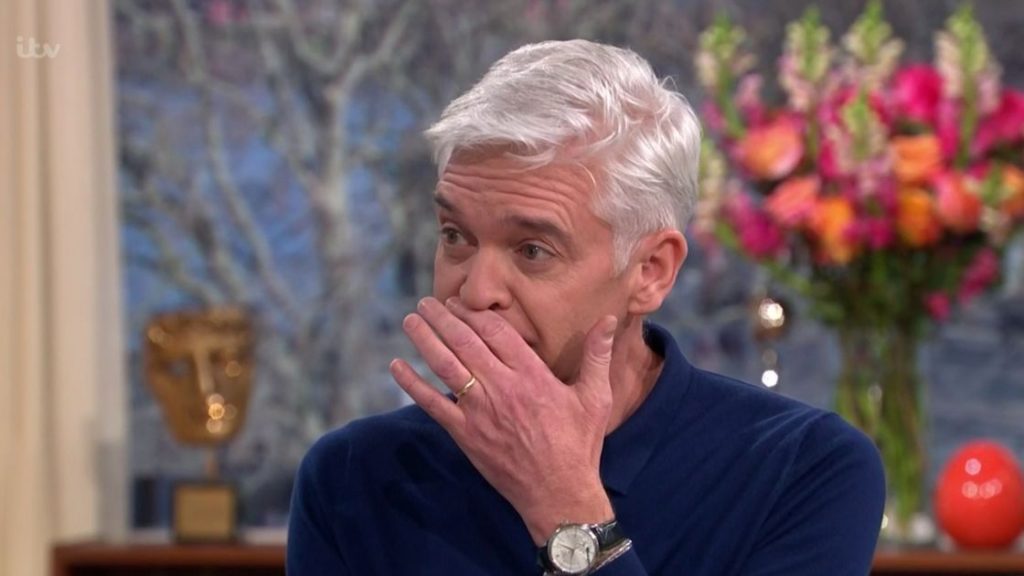When Phillip Schofield posted his deeply moving coming out statement on social media this morning, it’s no surprise the amount of attention it caught.
With over 4 and a half million followers on Twitter, it must have been a daunting prospect to come out publicly, even in a day and age where it’s never been more accepted.
Phillip Schofield has lived an immensely public life for decades, hosting hugely popular shows such as Dancing on Ice and, of course, This Morning.
So for him to come out this morning, and face such an intense barrage of reaction, must have taken an incredible amount of bravery.
A statement from Phillip pic.twitter.com/iIE7NcLZ2I
— This Morning (@thismorning) February 7, 2020
I couldn’t even begin to imagine what keeping his sexuality secret for so long must have been like, but the reasoning is clear. Fear of causing hurt to those closest to him, fear of everything changing, but mostly fear of the unknown.
Why didn’t he do it early on in his career, when he was starting out in children’s television? Just take a look at the newspaper headlines from around three decades ago: “Britain threatened by gay virus plague”; “Abortion hope after ‘gay gene’ findings”; “Scrap Eastenders call over gay kiss”.
That was the world back then – and while we’ve moved on immeasurably since, it’s still daunting.
When you create a new entertainment show and start discussing who should host, the first name on the list is always Phillip Schofield. That’s a fact. He’s just the very best at what he does, and the public adore him. Looking forward to many more years of his charm and brilliance.
— Richard Osman (@richardosman) February 7, 2020
I first came out to my best friend almost seven years ago now, and – at the time – it was the most terrifying thing I’d ever had to do. I had nothing to fear; personally, I’ve never experienced anything but love and acceptance for who I am.
It never ends, though: heterosexuality is still the norm in our society, and there’s always those awkward conversations when you first meet someone, and make comments about girls, girlfriends, relationships, etc…
Coming to terms with & being your authentic self is never easy, especially in the public eye.
What @Schofe has done is incredibly courageous, powerful & will help so many. I am beaming with pride for him.
I’m even more proud of his family who seem so wonderful.#loveislove ❤️
— Ranj Singh (@DrRanj) February 7, 2020
According to a government survey, at least two-fifths of LGBT+ people have experienced an incident (such as verbal harassment or physical violence) because of their sexuality, and over two-thirds avoid holding hands with their partner for fear of a negative reaction.
Our society is more inclusive than ever. But evidently there’s still much more to achieve before we can feel truly equal.

